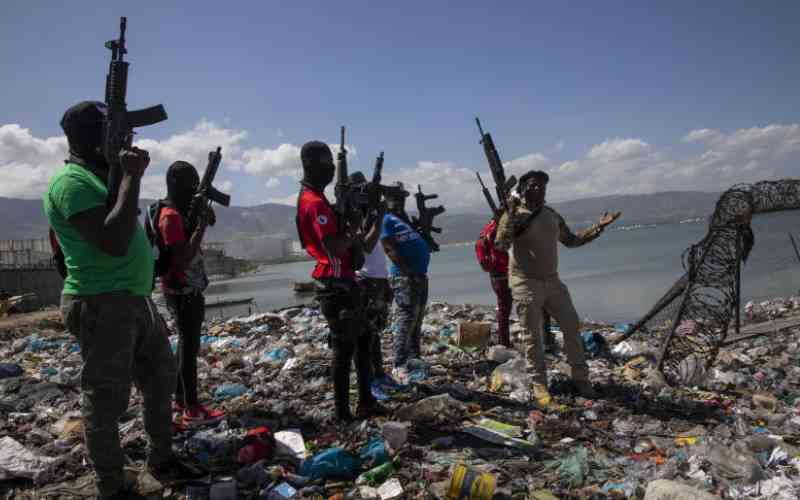×
The Standard e-Paper
Kenya’s Boldest Voice

Images of street fighting between violent gangs and security forces coming out of Haiti are scary as debate rages on the impending deployment of 1,000 Kenyan police officers to the lawless country.
Despite the gangs ruling the capital and farmlands, the signing of a reciprocal agreement by President William Ruto and Haitian Prime Minister Ariel Henry last week has signalled clearance for the deployment of the law enforcers anytime from now, as more voices oppose the order.